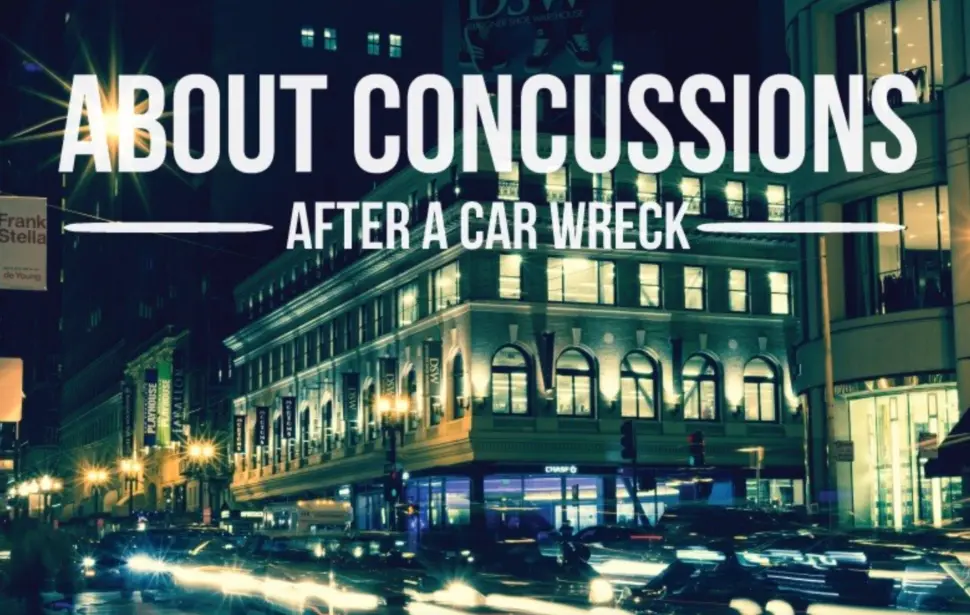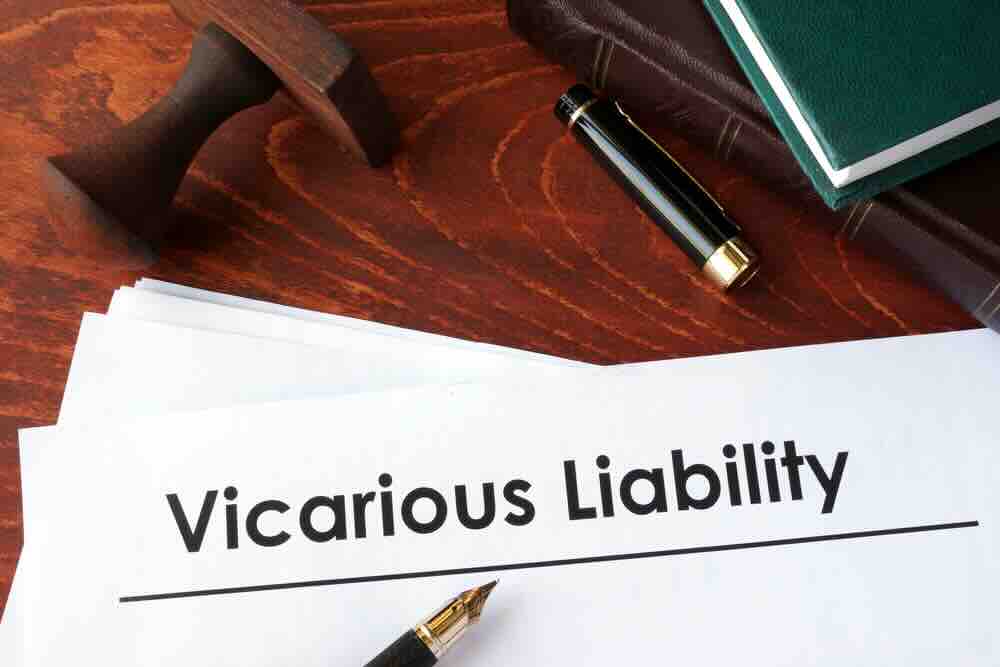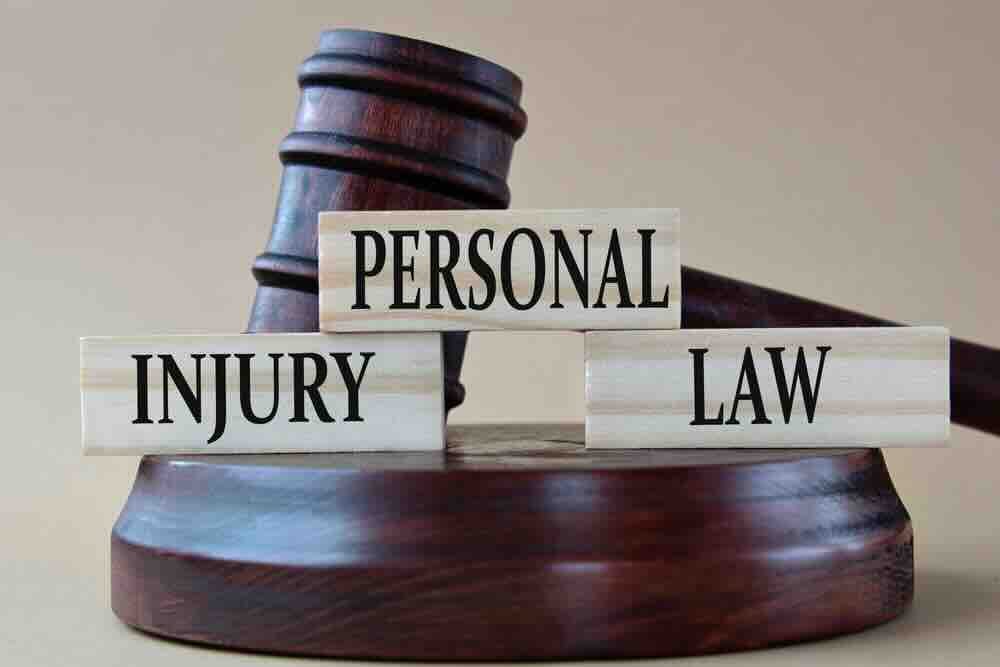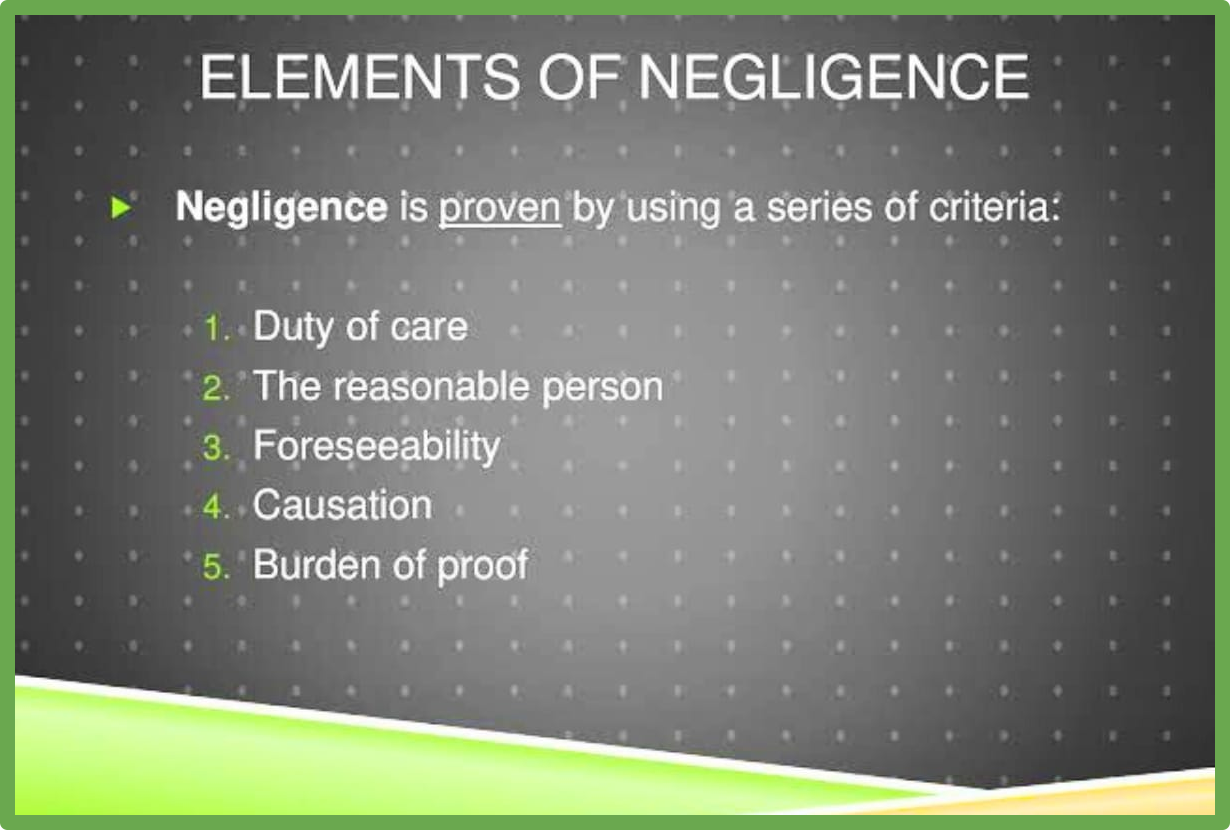Concussions and brain injuries frequently feature in popular media. They can occur during any activity that causes trauma to the head, including sporting events and, of course, car accidents.
Often, a car accident victim does not even realize that they have sustained a concussion, also known as traumatic brain injury, until after leaving the accident scene.
They may attribute some of the immediate symptoms of a concussion to confusion or adrenaline from the accident directly, rather than acknowledging the brain injury that may have occurred.
How Do Concussions Occur in Car Accidents?
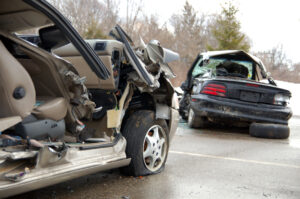
A concussion occurs when the head moves rapidly back and forth, causing the brain to strike the inside of the skull.
A car accident could happen when the head hits the back of the seat, the dashboard, or the steering wheel.
Sometimes, concussions can result from the sheer force associated with the accident. Generally, concussions are relatively mild forms of brain injuries and are not considered life-threatening.
What are the Immediate Symptoms of Concussion?
Immediately after a car accident, victims with concussions may observe several symptoms. They may experience a headache or a sensation of pressure in the head. They may feel hazy, confused, and groggy, unable to explain what happened during the accident clearly or struggle to remember the right actions to take.
Victims with concussions may also feel extremely sensitive to light or noise, making it challenging to deal with the confusion at the accident scene.
Victims may also note:
- Balance and coordination problems
- Dizziness
- Double vision
- Blurry vision
- Nausea or vomiting
Whenever you experience those symptoms at the scene of an auto accident or immediately after, seek medical attention immediately. Those symptoms could indicate a severe medical problem that requires immediate treatment.
Ongoing Symptoms of Concussion
Whether you notice the immediate symptoms of a concussion at the car accident scene or not, you may have some common symptoms in the days and weeks after the accident. The harder the impact, the greater the danger. Challenges may include:
Sleep Disturbances
Any brain injury can lead to extreme sleep disturbances in many cases. You may have trouble falling asleep at night or, in some cases, falling asleep at all. Other people with concussions may sleep more as the brain tries to repair itself.
Cognitive Challenges
Even a minor traumatic brain injury can lead to significant cognitive challenges. Victims with concussions may suffer from difficulty with memory, concentration, and focus. Sometimes, concussions can make it difficult to improve learning or speaking, particularly if the victim suffers from a more serious traumatic brain injury.
Physical Difficulties
The physical symptoms of a concussion can linger for quite some time. In some cases, they may last significantly longer than the victim expects. Symptoms may include headaches, tunnel vision, nausea, and vertigo. Some dizziness may also occur when changing position quickly.
How Long Does It Take to Heal from a Concussion?
The time necessary to heal from a concussion may vary depending on the severity of the injury and, in many cases, the person involved. Sometimes, minor traumas can heal within a few days or weeks.
More severe injuries, on the other hand, may linger. Some people who suffer concussions from car accidents may find that the symptoms remain for the rest of their lives, leading to ongoing learning, movement, and cognitive processing challenges.
The severity of the concussion may also not fully determine how long it will take to heal from those injuries. Sometimes, patients with even minor concussions may note that symptoms linger for a year or more after the initial accident.
The Importance of a Medical Evaluation Following an Auto Accident

You may “feel fine” following even a severe auto accident. You may have concussion symptoms and not even realize it, especially if you have problems like confusion and disorientation. You may assume that you avoided severe injuries in your auto accident.
However, a complete medical evaluation can prove vital even if you did not sustain serious injuries.
During a medical assessment, you can better understand the full extent of your injuries, including whether you might have suffered a concussion or traumatic brain injury.
An experienced medical professional can give you a better idea of what steps you need to take next and how to protect yourself from further injury following a concussion suffered in a car accident.
Avoiding Further Injury
After a concussion, your brain is more vulnerable than usual. You may need to take steps to help protect against further injury, including avoiding contact sports until you have a chance to heal from your injury.
A doctor’s evaluation of your injury can make it easier to determine the extent of your head injury and judge your recovery so that you can continue to protect yourself until the danger passes.
Obtaining the Help You Need
After even a minor concussion, you may have trouble with several essential cognitive functions. Dealing with those challenges can leave you scrambling to keep up at work, school, or while managing tasks at home.
A doctor can provide you with comprehensive guidelines, including how to return to work when you can reasonably return to work and any modifications you may need following your injury.
Can You Get Compensation for a Concussion After a Car Accident?
You might have the right to compensation if you suffered an injury in a car accident, including a concussion. In some cases, a concussion may not lead to the types of high medical bills you can see from other injuries. However, severe traumatic brain injury may lead to substantial medical expenses. You can, however, seek compensation for the following:
- Any medical expenses, including emergency care or ongoing care
- Therapist appointments, including occupational therapy
- Lost wages due to missed time at work while you recover
- Pain and suffering, which can be significant with even a minor concussion
- Disability and other damages
How Our Experienced Car Accident Lawyers at Baumgartner Law Firm Can Help
We have been representing people with concussions from car accidents for over four decades. And have exceptional results, including many multi-million dollar recoveries for victims with a head injury. We can help you with the following:
- Get medically evaluated
- Obtain vital evidence needed to prove your case
- Deal with your hospital liens or health insurance subrogation (payback)
- Handle your claim with the liability insurance company and
- File a lawsuit when necessary.
If you suffered a concussion in a car accident, contact Baumgartner Law Firm, our Personal Injury Lawyers in Houston, TX, to learn more about your rights. Call (281) 587-1111.
Baumgartner Law Firm


